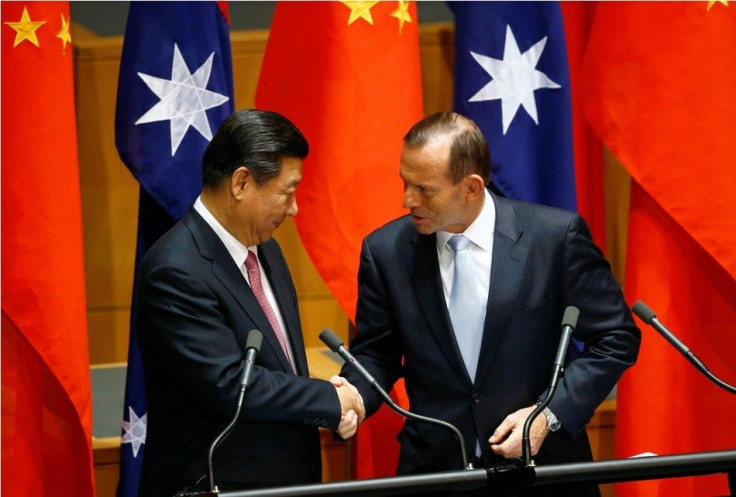Trans-Pacific Partnership text now available to the public, agreement under ITI Review

The landmark trade deal, Trans-Pacific Partnership (TPP), text is now available to the public. The TPP offers one of the most comprehensive approaches to trade agreements to date, although strong opposition continues to plague it. The agreement, which was struck in the previous month, affects 12 Pacific Rim countries, along with Japan and the United States.
Although the document still needs full translation under the different signatories, it is now under the review of the Information Technology Industry Council, or ITI. The council is still reviewing the text as available. Nonetheless, it did say that the agreement appears to be addressing new issues that are crucial to the innovation and continued growth of the tech sector.
“For the first time in a trade agreement, there are provisions that prohibit restrictions on cross border data flows and local data storage, permit companies and individuals to use their choice of cyber security and encryption tools, and ensure the protection and enforcement of trade secrets." ITI President and CEO Dean Garfield said in a press release.
"Technology is increasingly the most critical ingredient in all sectors of the global economy, with the free flow of data enabling it to reach its full potential in our lives and in commerce.In that regard, we are hopeful that this agreement will create world-class norms that ensure the free flow of data, information, and digital trade needed by companies of all sizes, and across all industries, to promote a strong, modern economy."
According to the official, the review will be checking if the agreement takes away or prohibits tariff and non-tariff barriers to communication technology, information and other services. ITI will also be assessing the document based on localization measures that push for protection and enforcement of intellectual property rights including accountability and regulatory transparency in all parties involved under TPP.
The full text runs 6,000 pages. It was released first to the New Zealand government. Critics raised previously that the agreement is more in favour of corporations. It also fails to tackle other issues such as climate change concerns.
Contact the writer at feedback@ibtimes.com.au, or let us know what you think below.






